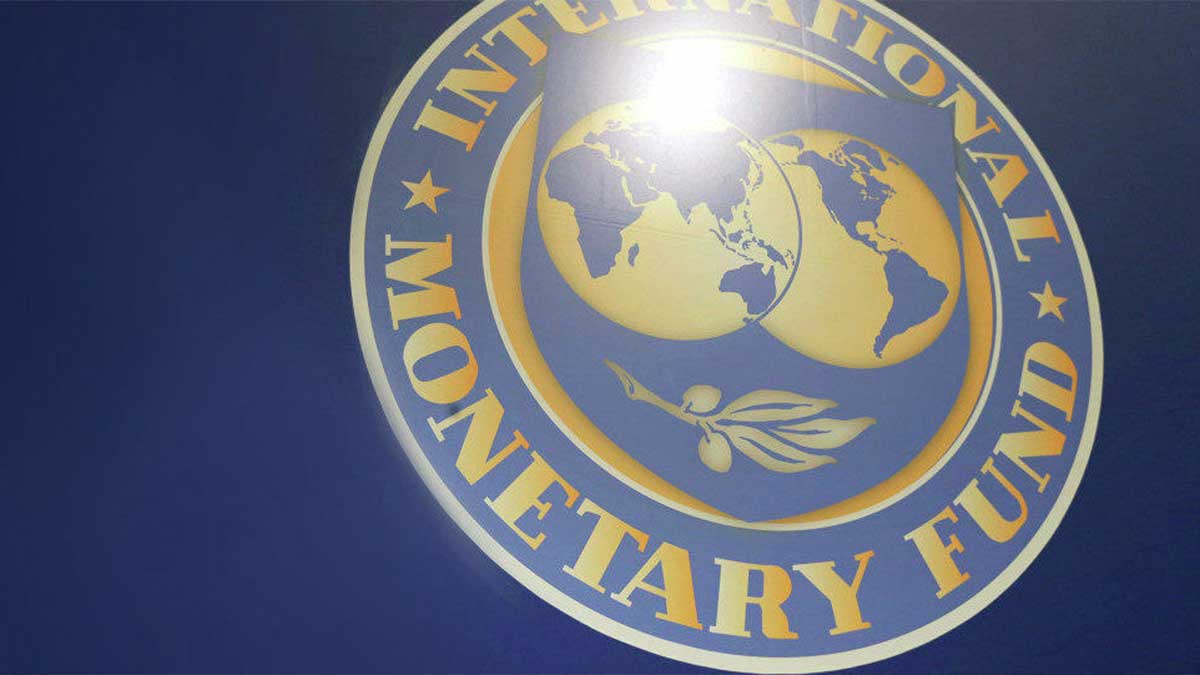Pakistan has requested that the IMF reduce the FBR’s tax collection target for the upcoming budget from Rs 5.9 trillion to Rs 5.5 trillion, highlighting the third wave of the coronavirus pandemic in support.
In its latest staff report released after completion of the second to fifth reviews under Pakistan’s $6 billion Extended Fund Facility (EFF), the IMF assigned the FBR a tax collection goal of Rs 5,963 billion for the coming fiscal year 2021-22, compared to a downward revised target of Rs 4,691 billion for the previous fiscal year.
Read more: Govt doesn’t intend to ditch IMF program but hints at renegotiation
However, Pakistani authorities argue that there is a significant difference between the IMF’s proposed goal and the FBR’s ability to set the target for the next fiscal year. “Abolition of GST exemptions for agriculture and health will not be feasible because it will increase inflationary pressures and make the health sector more costly at a time when the third wave of the COVID-19 pandemic is gripping the country,” top officials.
On the basis of revised tax collection of Rs 4,700 billion for the previous fiscal year, FBR tax revenues could rise to Rs 5,287.5 billion, representing a nominal growth of 12 percent to 12.5 percent.
The FBR could increase its collection by up to Rs 200 billion with better administration and compliance, bringing the total to Rs 5.5 trillion.
The FBR’s goal of Rs 5,963 for the upcoming budget, according to the official, is “too optimistic and cannot be realised at all.”
Asim Ahmed, the chairman of the FBR, said things were “very fluid” and it was “hard to predict” what the goal for the coming fiscal year will be at this stage. The FBR, on the other hand, would use technology to expand the tax base and boost tax collection, he said.
What does IMF want?
The IMF wants Pakistan to expand its tax base, reduce informality, and simplify and modernise its tax system in order to meet key fiscal goals.
Based on the advice of previously given technical assistance, the FBR expects to implement a high-quality tax reform package in the FY2022 budget (of around 0.7 percent of GDP) to fix this.
Daban Teresa Sanchez, the IMF’s resident chief in Pakistan, said the IMF is willing to help Pakistan in navigating the difficult COVID-19 crisis while ensuring debt sustainability and strong and sustainable development.





















